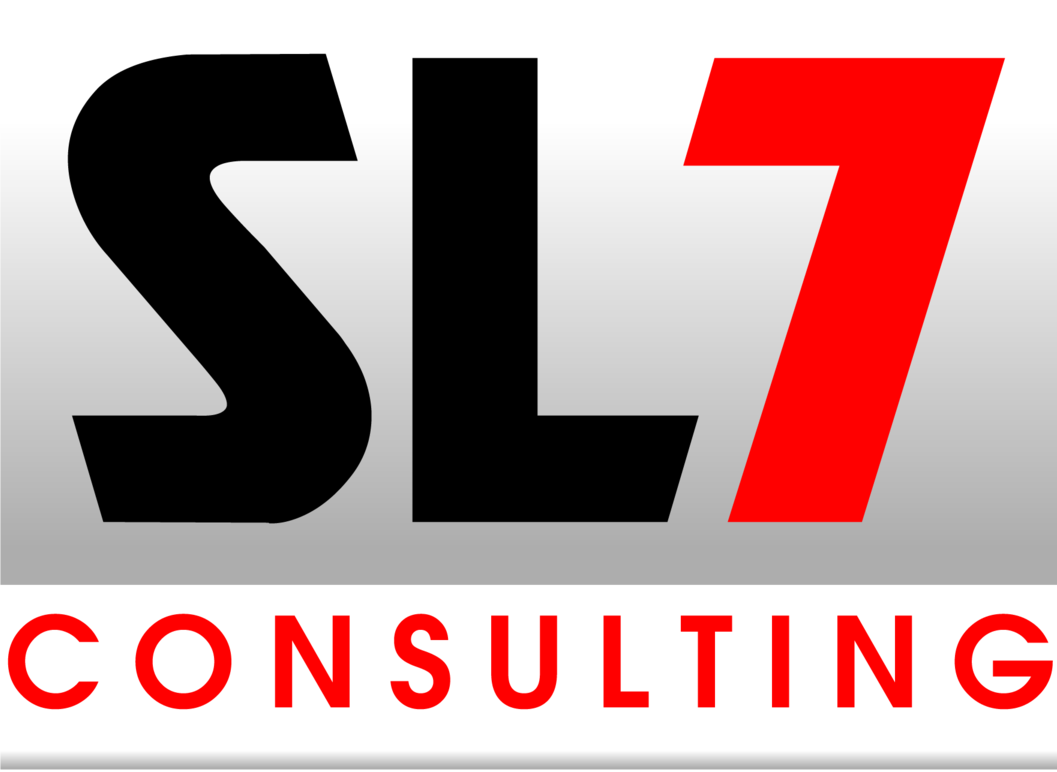In the land of real estate development, there are still too many developers who ascribe to the creed of Gordan Gekko, the famous villain in the movie Wall Street, that “greed is good.”
The current scandal involving New Jersey U.S. Senator Bob Menendez allegedly receiving bribes from a real estate developer, going as far back as his time as mayor, exposes an ongoing challenge for the real estate development industry. The Associated Press headline underscores a lack of collective character and damaged reputation: Bribery case against Sen. Menendez shines light on powerful NJ developer accused of corruption.
There are plenty of stories of developers literally walking into city hall carrying paper bags full of cash to buy votes. It’s been happening for decades, and it sadly continues to this day. In my nearly 30 years of counseling corporate developers to win social and political support for their high-stakes projects, the negative image of the “greedy developer” is a powerful factor when it comes to securing the community’s license to operate.
- Lack of Trust: When developers are seen as primarily focused on maximizing their profits, it can erode trust between developers and the communities they seek to build in. This lack of trust can lead to increased skepticism about the developer’s intentions and the potential negative impacts of the project.
- Suspicion of Exploitation: Some residents may fear that developers are taking advantage of their community’s resources or compromising their quality of life for financial gain. This suspicion can lead to heightened resistance to new projects.
- Concerns About Gentrification: In areas with rapidly rising property values and housing costs, residents may perceive developers as contributing to gentrification, which can result in the displacement of long-term residents. This perception can fuel NIMBY opposition as people seek to protect their communities from gentrification-related changes.
- Environmental and Quality of Life Concerns: Residents may associate profit-driven development with practices that prioritize cost-cutting over environmental sustainability and quality of life. Such concerns can lead to objections to projects perceived as detrimental to the environment or the community’s well-being.
- Perceived Lack of Community Input: When residents believe that developers are solely focused on profits, they may also feel that their voices are not being heard or that the development process lacks transparency and community involvement.
- Arrogance: Developers are big risk-takers, and with big risks come big payoffs. If developers aren’t careful, their string of successes and accumulation of wealth creates a level of hubris that alienates local stakeholders. They appear arrogant, out-of-touch, uncaring, and focused on making a quick buck.
Catch Patrick Slevin’s NIMBY Crisis Master Webinar on November 1 from 4:00pm to 5:30pm (Eastern). Click on https://acemyaudience.com/live-stream/
It’s important to note that not all developers are solely motivated by profit, and many engage in responsible and community-oriented development practices. Some developers actively seek to address community concerns, incorporate sustainable design principles, and contribute positively to the areas in which they work. However, the perception of greed can still linger due to negative stereotypes associated with the real estate industry.
To address NIMBYism and foster community support for development projects, developers can take steps to engage with communities transparently, listen to their concerns, and demonstrate a commitment to responsible and sustainable development. Building trust and conveying a sense of shared purpose can help mitigate negative public perceptions and reduce NIMBY opposition in America.
(Patrick Slevin co-authored this blog article with input from ChatGPT.)
